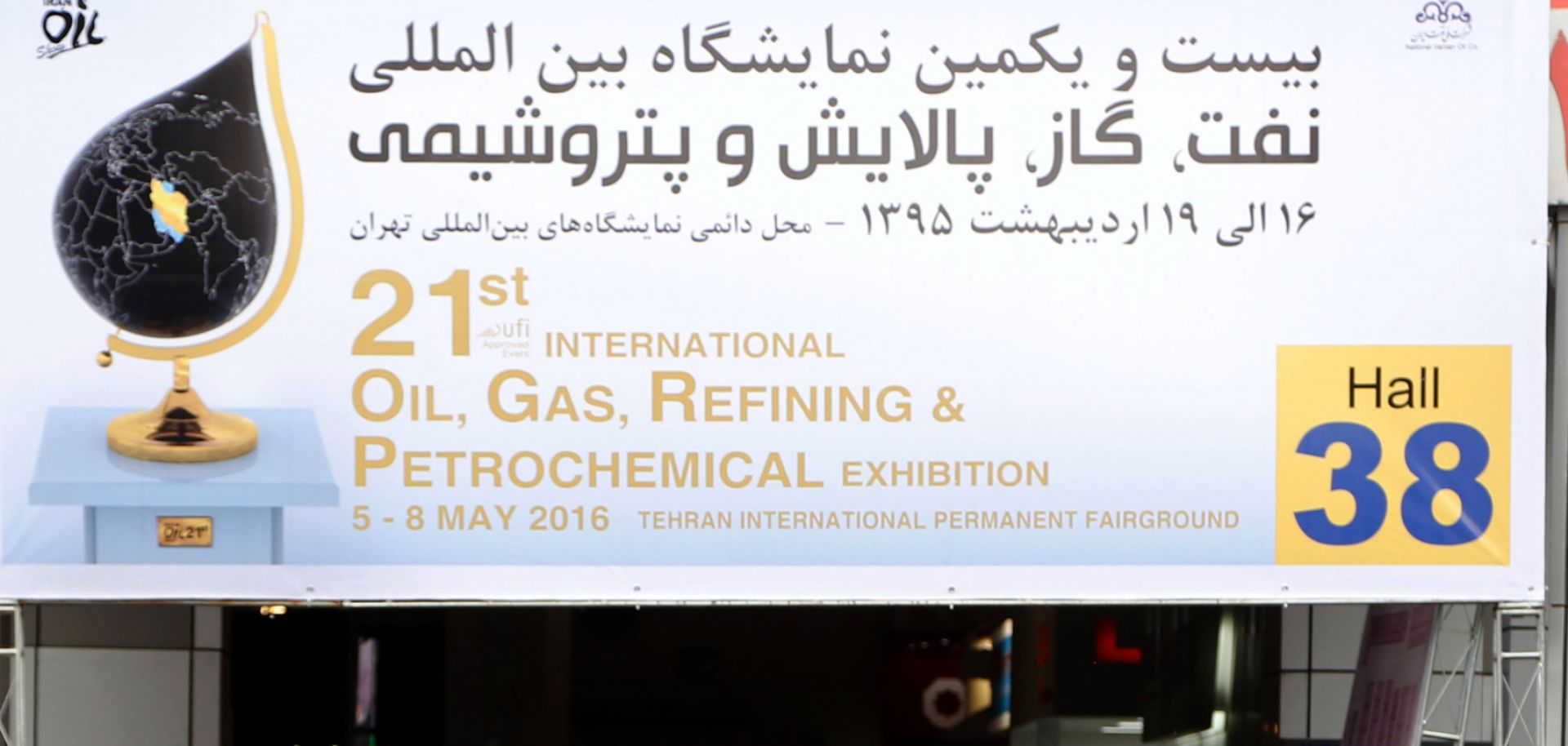ASSESSMENTS
The Biggest Obstacle to Iran's Energy Makeover Is Itself
May 27, 2016 | 09:16 GMT

Iran's energy sector may undergo a dramatic change if it can move beyond the country's difficult political and business environment.
(ATTA KENARE/AFP/Getty Images)
Forecast Highlights
- The terms of Iran's new oil contract, once finalized, will be a significant improvement over the country's old buyback model.
- There is still an intense debate raging over the contract's details, including remuneration and profit allocation, but its framework appears to be settled.
- Iran's various stakeholders will try to use the ambiguity to their advantage, furthering their own interests as the contract's remaining details are hashed out.
Subscribe Now
SubscribeAlready have an account?
